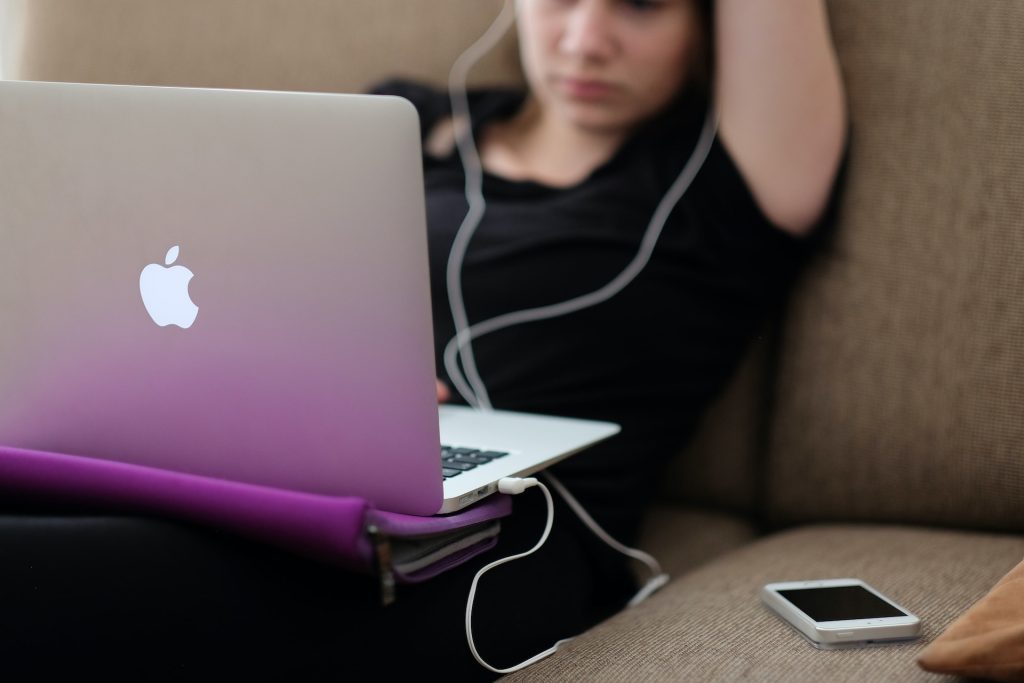Brain Study Shows TV and Gaming Boosts Young Adults’ Focus, Social Media Hinders It

A world-first Swinburne-led study into young adults’ brain activity has found that TV and gaming are associated with increased focus, while social media is associated with decreased focus.
In this study, published in Nature, 18-25 year olds exposed to phone screens for only three minutes experienced changes in mood, energy, tension, focus and happiness, explains one of the lead researchers Swinburne’s Dr Alexandra Gaillard.
“Our study was the first to record brain activity during different forms of screen use on young adults using functional near-infrared spectroscopy (fNIRS). We found that different forms of screen use, including social media, are associated with distinct patterns in activity and mood states.”
“Almost everyone owns a smart phone which they use for at least three hours a day for entertainment. Mood disorders are increasing in prevalence worldwide and we shouldn’t rule out the possibility that phones are a contributor.”
The study found that oxygenated haemoglobin (HbO) levels increased more following social media use and gaming compared to TV viewing, while deoxygenated haemoglobin (HbR) levels increased more following gaming.
“These findings suggest that interactive types of entertainment really do get the brain more engaged,” says Dr Gaillard.
“Interestingly, though, when it came to social media, people reported feeling less focused—and those who felt less focused also showed lower levels of brain activity. On the flip side, gaming actually helped boost focus and showed a rise in deoxygenated haemoglobin, which means the brain was actively using more of the oxygen it was getting. In other words, gaming seemed to get the brain working harder in a good way.”
With six months to go until Australia’s impending teen social media ban, there are still no clear pathways for age-checking tools and the positive impacts of the policy on different types of technology and platforms.
Dr Gaillard says that while this study looked at young adults, these findings suggest a similar outcome to teenagers which should be considered by experts when implementing the ban.
“If this is the effect on a fully developed brain, we urgently need to consider the impacts on teenagers and children who are increasingly using these technologies.”
The Swinburne research team is calling for further research to understand the complex and nuanced relationship between screen activities and how they engage they brain.
“Excessive screen time can negatively impact cognitive abilities, attention and executive functioning, but we also know how invaluable they can be in forming connections and a sense of belonging as well as improving educational outcomes.”
“This isn’t a call for blanket reductions; screens certainly serve a purpose for unwinding and leisure. We ask that young people are conscious of how their activity impacts them and that they make choices that are right for them.”
Source: Swinburne University



